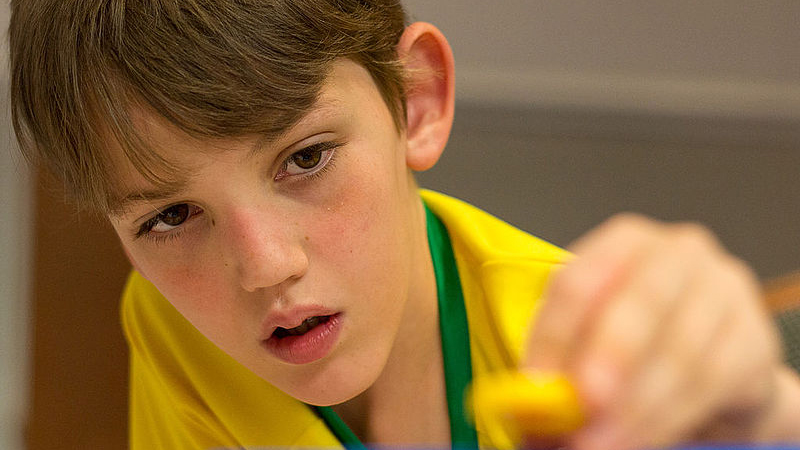Mind & Brain
All Stories
Conspiracy theorising may be a symptom of a breakdown of trust in institutions like the government and the media.
What do puppies, world monarchies, and Abraham Lincoln have in common? Why, they’re all part of our awesome series (drumroll, please) Random Fact Roundup!
A new report charges that there hasn’t yet been enough concerted research on what makes a person become a mass shooter.
The idea of self-actualization can seem like new-age woo. Where’s the science behind it?
Social media addiction may be on the rise. Surprisingly, there’s been very little research on it.
A new study reveals that babies as young as one year old can think logically.
Self-actualization is a great goal, but how easy is it to actually reach?
A new study published in Nature Neuroscience shows that stress changes the structure of mouse brains—in partners who did not experience stress.
Research with other species lends weight to these findings.
A new study shows how increased coffee consumption interacts with the endocannabinoid system, which the body uses to process cannabinoids found in marijuana.
World class athletes, musicians, and chess masters use a similar technique.
Although we’ve had compelling evidence of this for decades, the pathogen hypothesis is finally being taken seriously.
Put down that cell phone before bed. Sleeping with even a little bit of light in your bedroom at night can heighten depression.
Researchers use a cutting-edge technique to restore activity to the fragile X syndrome gene.
A recent study from Ontario measured the brain waves of improvisational jazz pianists, finding that the more training they had, the more creative they were rated.
This discovery could lead to not only a better understanding of our evolution but to new treatment options for schizophrenics.
Canadian researchers have successfully reconstructed faces from data in brain scans.
“The bow too tensely strung is easily broken.” — Publius Syrus.
A number of studies show that various forms of exercise help prevent dementia as we age.
One study of what makes a psychopath who they are shows a difference based on country.
A new study looks at how teens construct their online identities.
Years of inconsistency in marijuana studies sent UC-Boulder researchers pouring over all the MRI data associated with alcohol and pot.
Why do some enter into such an irrational and potentially harmful state during sleep?
A new survey of 1,256 Americans finds out how much we dream—and have nightmares—about the same things.
Antidepressants actually do work for a majority of people who try them, a new study asserts.
This is the first study to link blood sugar levels, even among prediabetics, with cognitive decline.
When we don’t know the reasons behind our choices, we confabulate.
New infographics present the latest data on ecstasy impurity in the United States.
It all surrounds your outlook on the self-presentation process.
Cosmologists behind braneworld theories see our universe as being a part of a complex inter-dimensional world.





























